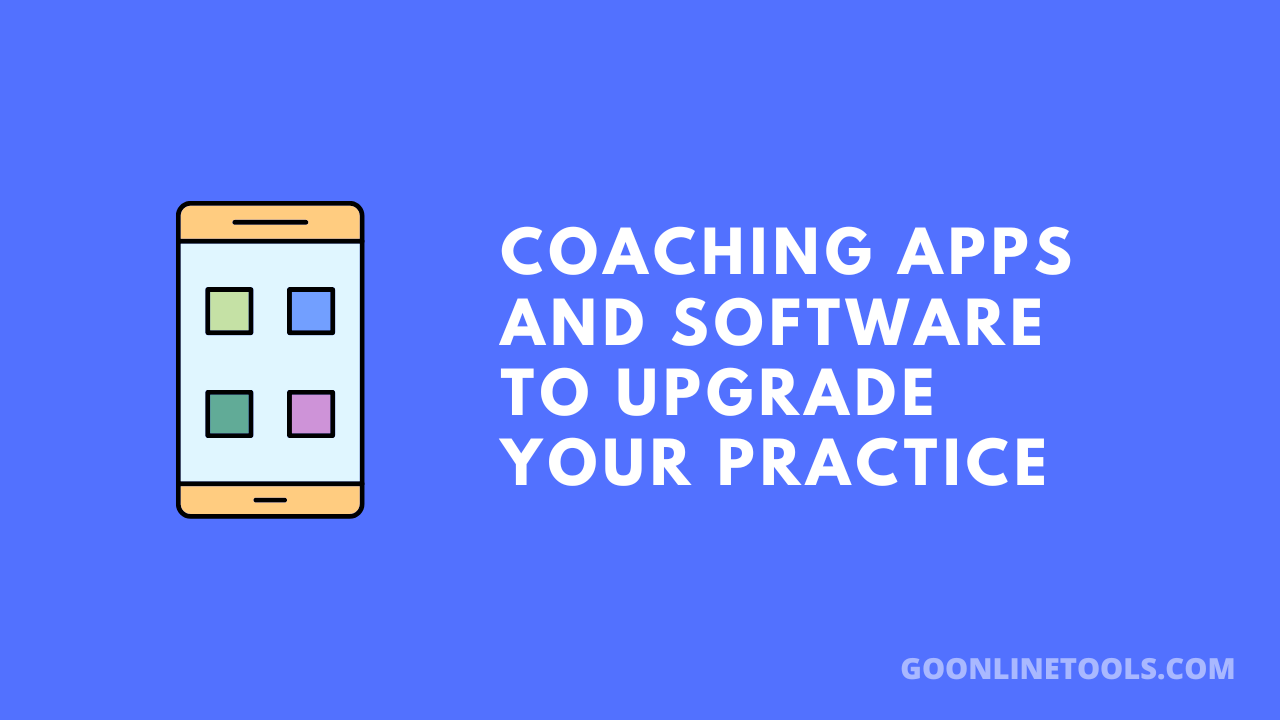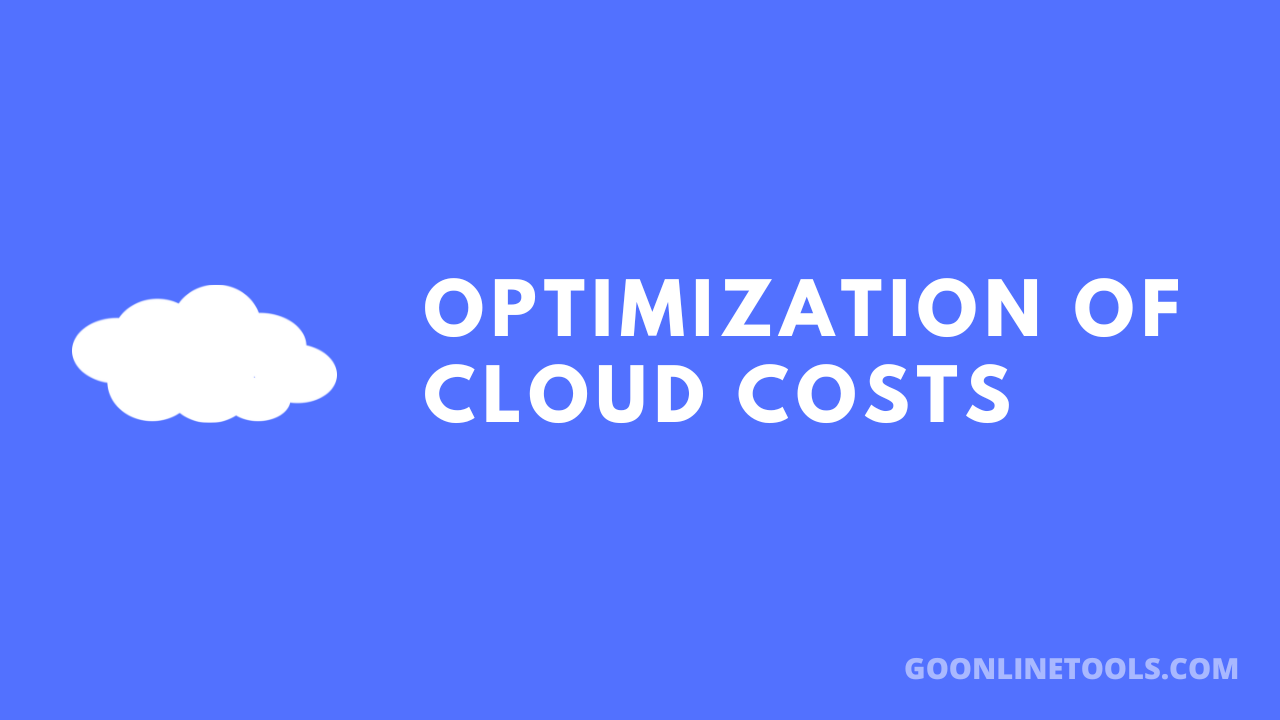How to Find the Most Relevant E-Books for Your Needs
Published on May 20, 2025 by Editorial Team

Choosing the right e-book is a bit like wandering through a crowded market. There’s noise everywhere, and everything claims to be the best. People scroll through lists for hours, hoping the perfect title jumps out. With genres multiplying and recommendations coming from every corner, it becomes hard to know where to begin. That’s why more readers are narrowing their focus and relying on trusted sources.
Those who are looking for other options often include Z-lib, Open Library and Project Gutenberg in their list. These e-libraries stand out not only for the quantity of content but also for the variety. Still, the key is not just about finding a book—it’s about finding the right book. Relevance matters. A thriller fan probably won’t benefit much from a dense academic textbook, and someone seeking a language guide may not need a 600-page memoir. The match makes all the difference.
Understanding What “Relevant” Really Means
A relevant e-book meets a specific goal. That goal might be entertainment, education, career development or personal growth. Some people go in search of something light to read after a long day. Others want a manual that solves a particular problem. Relevance is always tied to context, time, mood purpose. It changes.
For instance, a person learning to bake might be thrilled with a short e-book full of tried-and-tested recipes. That same book would seem irrelevant to a history student researching food culture in the 18th century. One book can wear different hats depending on who picks it up. So knowing the context before hitting download is half the battle won.
Three Smart Habits for Narrowing the Field
After setting the right context, there’s still the matter of sorting through mountains of titles. The good news is that there are smart ways to do it. Here are three practical habits that help cut through the clutter:
- Check the Source
Not all e-book sources carry the same weight. When looking for something meaningful, start with e-libraries that have earned trust over time. Look for collections curated by academic institutions, publishing houses or communities built on knowledge sharing. That tends to raise the chances of getting well-edited content without filler or fluff. It also saves time since less energy is wasted on skimming through irrelevant titles that are poorly categorised.
- Sample Before Committing
Many e-libraries offer previews—use them. A glance at the introduction or table of contents often reveals whether the book hits the right tone and depth. This is especially important when the goal involves learning. A preview can show whether a book speaks in clear language or hides behind jargon. It’s like testing the water before jumping in. Sampling removes the guesswork and adds confidence to every download.
- Read Through Real Reviews
Readers love to share their thoughts, good and bad. Reviews often point out things the summary leaves out. For example, a science book might promise clear explanations, but reviewers may reveal it’s packed with confusing charts. On the flip side, a fiction title might get average ratings overall but still be perfect for those who enjoy slow-burn storytelling. Reading a few real opinions can reveal details that algorithms miss.
By putting these habits to use, it becomes easier to filter and spot what truly matters. These aren’t tricks they’re practical tools—like reading glasses for the brain. And once in place they help create a smoother reading journey from the very first page.
Building on that foundation, it becomes possible to approach each e-library with a clearer goal and sharper filter. Whether it’s a short guide or an epic read, it all comes down to picking something that fits well and resonates deeply.
Let Relevance Take the Lead
E-books now cover almost every subject under the sun. From travel memoirs to science explainers, from do-it-yourself guides to language crash courses, the variety is endless. But with choice comes a challenge. Too many options can feel overwhelming, even discouraging.
So it helps to think of e-book selection not as a one-time task but as a rhythm. The rhythm gets better with time. The more experience a person has with choosing titles that matter to them the more confident they become. It’s not about reading everything—it’s about reading what matters.
Some even set their own filters beyond genres. One might look for books under 150 pages or ones that include visual aids. Another might only read works by authors from a specific region. These personal systems guide decisions and keep the experience meaningful.
https://z-lib.qa also plays a role here by offering a space where discovery meets variety. With a bit of patience, it becomes easier to find a match that speaks directly to personal goals and interests. Relevance, after all, is not found—it’s shaped.
Closing the Chapter with Intention
When a book clicks it leaves a mark. Sometimes it solves a problem other times it sparks a new idea. Either way the most relevant e-books do more than pass the time. They connect they clarify and they often stay with the reader longer than expected. And that’s a pretty good sign the right choice was made.
- Editorial Team
The Editorial Team at GoOnlineTools.com specializes in delivering cutting-edge information on technology.
FTC Disclosure: GoOnlineTools content is user/reader supported. This means that when you click on some of our links and make a purchase, we may earn a commission at no additional cost to you
Related Posts





